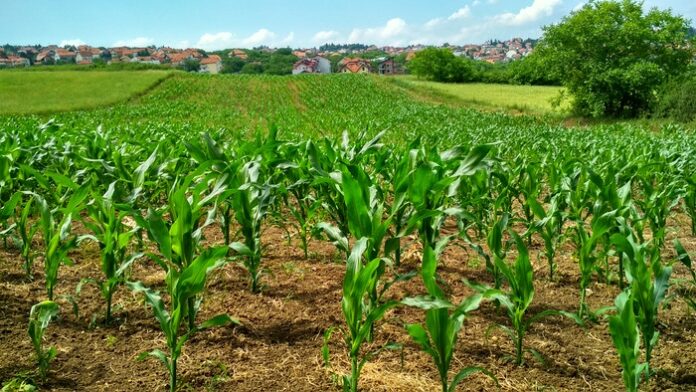Agriculture involves the production of plants, animals, fibers, biofuels, and medical supplies. Along with the cultivation of plants, animals, and birds, agriculture helps sustain human existence.
As per a study, at a compound annual growth rate (CAGR) of 6%, the worldwide agricultural industry is anticipated to expand from $9602.79 billion in 2020 to $10181.92 billion in 2021. At a CAGR of 7%, the agriculture industry can reach $13133.95 billion in 2025.
The increase in technology like agriculture robots brings challenges such as the reduction in labor strength, climatic changes, exposure to world agriculture techniques and instruments, and increasing consumer demand and effect of world pandemics. With these challenges in the agriculture industry, to have a competitive edge in the market and increase the productivity and quality of farm products, the need of training software for agriculture professionals is inevitable. A centralized eLearning system through an LMS (Learning Management System) is the solution.
Uses of LMS for the Agriculture Industry
- A learning management system (LMS) may assist producers by offering a multilingual educational platform that allows them to train, test, and measure their progress in animal welfare, worker health and safety, and equipment safety.
- An LMS can assist in training your dairy staff by delivering remote safety training to their smartphones in their native tongue.
- An LMS can assist in the collection of signed animal care ethical agreements.
- An LMS may improve decision-making by allowing for risk and variability management, resulting in higher yields and lower costs.
- An LMS can aid in improving cattle wellbeing, addressing rising concerns about animal welfare.
A plethora of LMSs is available in the digital market. How do you choose the best one that upgrades your system? You have to determine your requirements, establish LMS requirements, research the market, assess the vendors, and finally make an informed decision.
Features of LMS for the Agriculture Industry
In selecting an LMS for your organization, the most important factor is deciding on what features to look for. Here is a breakdown of features to look for in an organization that is a part of the agriculture industry:
- LMS integrations – Look for an LMS that works well with other systems, such as association management software and talent management software.
- Multilingualism – An LMS for the agriculture business must be capable of delivering instruction in the trainee’s native language ― as rural areas make up the majority of agriculture trainees.
- Centralized learning resources – Having a central location for various types of learning materials also allows for blended learning, which is a helpful tool for L&D professionals working with a scattered team. As far as the agriculture business is concerned, practical expertise is required.
- Ready for a remote or mobile workforce – An LMS must be remote or mobile-ready to guarantee that learners have constant access to resources and that businesses can educate their employees no matter where they are in the world.
- Data tracking – This helps learning and development professionals to better track and create their programs.
- Personalized consumer experience – If an LMS is customized to the jobs and needs of the agriculture industry, employees will become more involved in the training process.
- Offline learning trackers – To bring this offline learning back online, L&D professionals should collect offline assessments.
- Automated alerts and notifications – An LMS can offer feedback to the appropriate people at the right time by providing auto-alerts to learners about their training deadlines or informing trainers about a user’s completion rates.
- Compliance – Agriculture industry personnel should be compliant with government regulations, company policies, animal welfare laws, and climate change — critical for many organizations.
- Scheduling methods – Allow learners to go to training at their convenience rather than juggling various activities while learning.
Conclusion
The agriculture industry must incorporate a learning management system as a training software to achieve return-on–investment and to build a better business. A centralized LMS for the agriculture industry must satisfy the needs of industry and employees featuring mobile learning, training tracking, blended learning, and compliance training.
Find a Home-Based Business to Start-Up >>> Hundreds of Business Listings.

















































